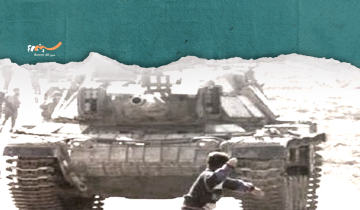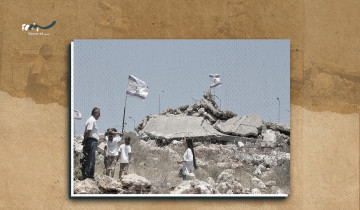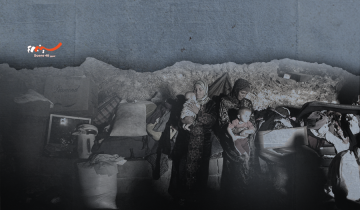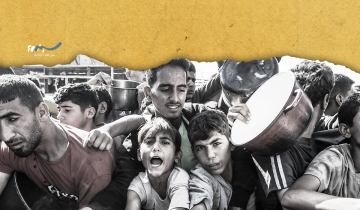We Are Still Here
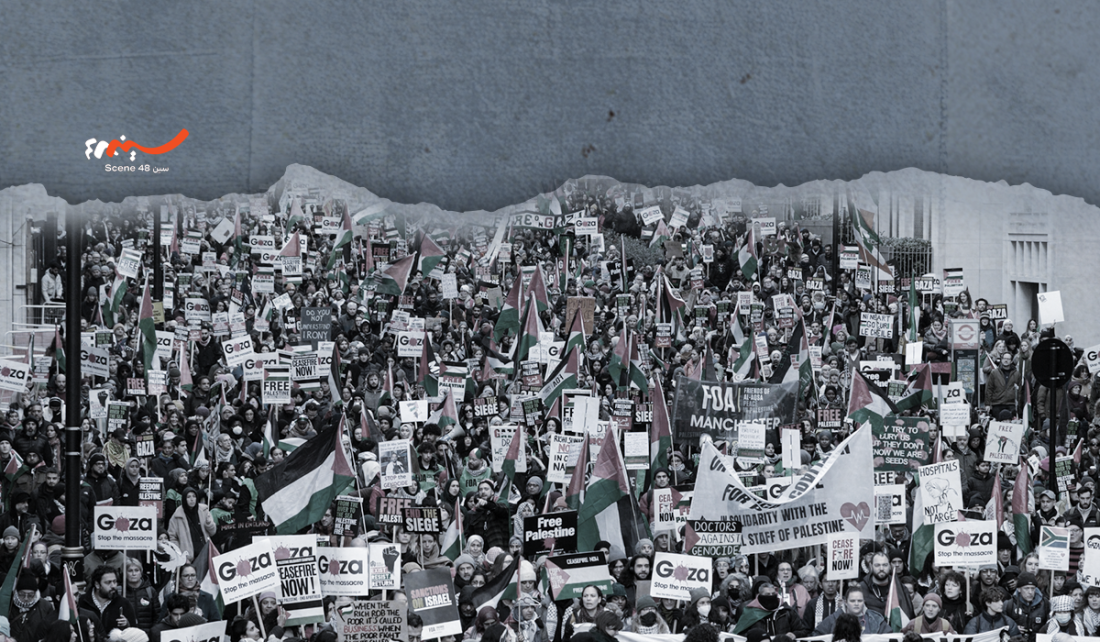
“I am trying to find a home in history
but there is no more space in the books
for exiles.”
—Lisa Suhair Majaj, “Fifty Years On”[1]
Palestine lives!
A remarkable phrase to say, now—
Eighty years after the Nakba.
I grew up in a world where ‘Palestine’ did not exist. Stamped out by the military governor’s seal, like the pages of Kanafani and Darwish ripped from our textbooks. Invisible, suffocated, disappeared, erased. Memories bulldozed and flattened with our homes in Iqrit, Yazur, and hundreds of other places that remain sacred to us.
Erasure is nothing new to this land: erasure from the ground, the maps, the books, the internet, …
“There were no such thing as Palestinians. … They did not exist,” claimed Golda Mabovitch-Meyerson. The world had written us off in 1967, and again in 1982, as the ships evacuated PLO fighters from Beirut.
“Where is Palestine?” I was often asked upon coming to the United States in 1989. I was sixteen, the same age my mother was when she lost her home and everything she loved in Yafa.
Every Nakba day, I think of my parents. How they lived their adult lives in exile from the homes they grew up in and loved. And how they died in exile, unable to fulfil their dream of return. I remember all their stories of 1948 and before: The British tommies patrolling Yafa’s streets; Jewish “settlements” popping up around their cities; the shelling; Deir Yassin.
Eight hundred thousand of us were forcibly dislocated from our homes, refugees to be managed by aid agencies.
What if they had never left?
Children of my generation, born in the 1970s under Israeli occupation, held a subtle resentment toward our parents. If only they hadn’t left Yafa or Ramleh, if only they held fast, we wouldn’t face occupation soldiers on our way to school. We implicitly blamed them for the Nakba; for the loss of Palestine.
The abandonment of a country leaves deep scars.
Despite that, as I note in Fugitive Dreams:[2]
“We [Palestinians] have been portrayed in various ways: refugees in a war-torn land, fighters for freedom, and now, a hostage population imprisoned behind a Wall. Yet, we are greater than all that. We are resourceful and resilient. Despite losing our entire country, we refused to succumb to a life of destitution. We strove to rebuild, to work, to educate ourselves, even in the foreign countries we were condemned to wander. Our fate as a people never stopped us from striving for our individual dreams. Our national defeat never crushed our spirits.”
Then came Gaza!
A two-year eclipse, thus far! A tunnel of darkness where pain suffocates humanity under a pile of rubble. Where the powers of the world conspire to starve the life out of a child. Our individual helplessness is thrust in our faces every day, as the images of human-inflicted misery assail us endlessly.
Supporters are filling my inbox with mournful despair. “Palestine is history,” we hear. “How can anyone recover?”
Of all existential threats today, defeatism is the most insidious and dangerous. It guarantees failure by infecting minds and shredding spirits. Doom is a self-fulfilling prophecy.
Our brightest light in this enveloping darkness is our own century-long history of struggle; to keep Palestine alive, to unite, to forge our collective dream.
Our elders prepared us well. Their undying stories of the Nakba and its aftermath have been a source of hope and guidance beyond anything else.
The Nakba never stopped us. The trauma and loss were met with unbroken spirit and quest for freedom. From its ashes sprang defiant giants. Refugee camps gave birth to song; prison cells to poetry. Our flag flies everywhere; millions chant our name.
As painful as this period is, Palestine will live.
Eighty years after the Nakba,
We are still here,
And will be here 80, and 800 years hence.
Palestinians are not going anywhere.
We shall rebuild every destroyed village.
We shall return!
“The final wish
Of a broken and discarded pit:
fall into her embrace
And, perhaps,
Sprout a figment of a dream”
—Ramsey Hanhan, “A Date With Palestine” (forthcoming)[3]
[1] Lisa Suhair Majaj, Geographies of Light (Washington, DC: Del Sol Press, 2009).
[2] Ramsey Hanhan, Fugitive Dreams (Burlington, VT: Fomite, 2022).
[3] Ramsey Hanhan, Palestine Bleeds For You (to appear, 2025).
(Poem preview: https://ramseyhanhan.medium.com/a-date-with-palestine-bb749c47821f)
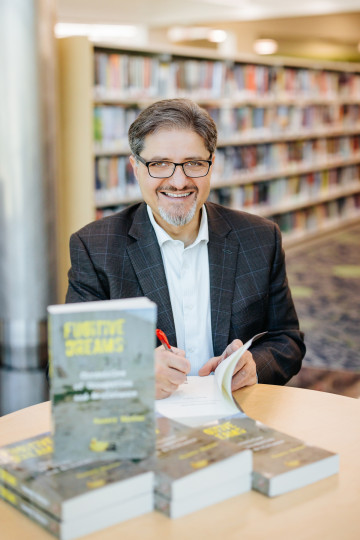
Dr. Ramsey Hanhan
The author of two books: the autobiographical Fugitive Dreams (2022), and a forthcoming collection of poetry and essays on Gaza, Palestine Bleeds for You (2025). His short stories and poetry appear in The Harvard Advocate, Fikra magazine, and other publications. Formerly a physics professor, Ramsey holds a Ph.D. from the University of Michigan and currently resides near Baltimore, Maryland. His writings can be found at ramseyhanhan.org or ramsey-hanhan.medium.com.
